Bulletin #56: Rising temperature in health systems amid climate and equity struggles

This fortnight
One year into the Marcos Junior administration in the Philippines, the state of health care remains largely unchanged. Despite Bongbong Marcos' announcement that he would enhance the health insurance model to improve coverage, this promise has yet to materialize. Instead, the people in the Philippines face worsening social determinants of health and a shortage of health workers. We met with activists from the Health Alliance for Democracy to gain further insights.
In Iraq, the state of healthcare is intertwined with the activities of oil companies as much as the condition of health services. The country, ranked among the most vulnerable to climate change globally, is already grappling with the consequences of sandstorms and scarcity of clean water and food. With temperatures reaching new record highs at the start of August, health activists cautioned against leaving this unaddressed.
Nurses within Portugal's private and public health systems are fighting for long-awaited improvements in their roles: safe staffing ratios, better salaries, and acknowledgment of their contributions to care delivery. While those in the private sector staged another strike to secure equal rights with their counterparts in public hospitals, an initiative by the Enfermeiros Unidos platform announced its intent to democratize the local nurses' professional association and make it more responsive to members' input.
Approximately 90,000 Accredited Social Health Activists (ASHAs) participated in a protest in Bihar, India, where they demanded regular salaries and pensions. ASHAs play a pivotal role in providing care within communities. However, similar to community health workers in other parts of the world, they continue to be dismissed by governments and health officials.
During this year’s World Breastfeeding Week, campaigns centered on promoting measures to support breastfeeding among working mothers. Activists warned policymakers about the significance of implementing effective workplace support measures. There was also an emphasis on strengthening primary health care to enhance the well-being of pregnant women and new families.
Video: No improvements to health system after one year of Marcos Jr administration
Despite promises of improvement to health services delivery and the health insurance model, the people in the Philippines are still struggling for access to good health care
Featured articles
Nurses in Portugal push for better rights in both private and public sectors
Nurses in Portugal wage a battle for better rights and recognition, with recent strikes in both public and private sectors marking a potential surge in activism. The nurses have cited salaries that lag behind those in the public sector and longer work schedules compared to their counterparts in public hospitals

Climate breakdown threatens food security and health in Iraq
Iraq faces a food security and health crisis as extreme heatwaves hit West Asia, revealing the profound impact of climate change
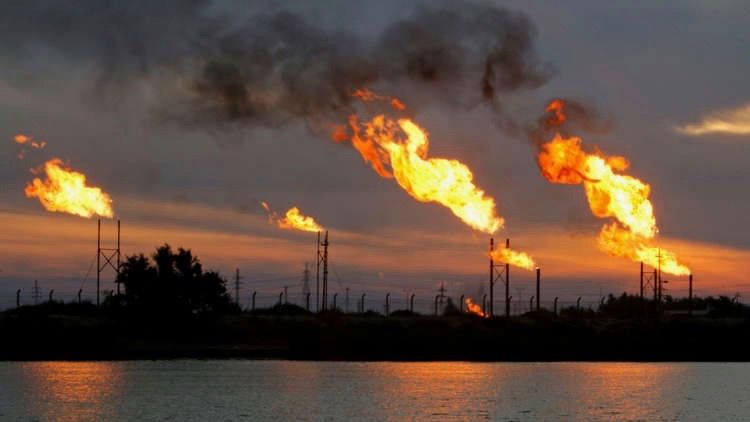
Supporting breastfeeding in the workplace and beyond
World Breastfeeding Week 2023 highlights the importance of workplace protections in promoting breastfeeding. It is equally crucial to strengthen public health systems worldwide to improve maternal and child health
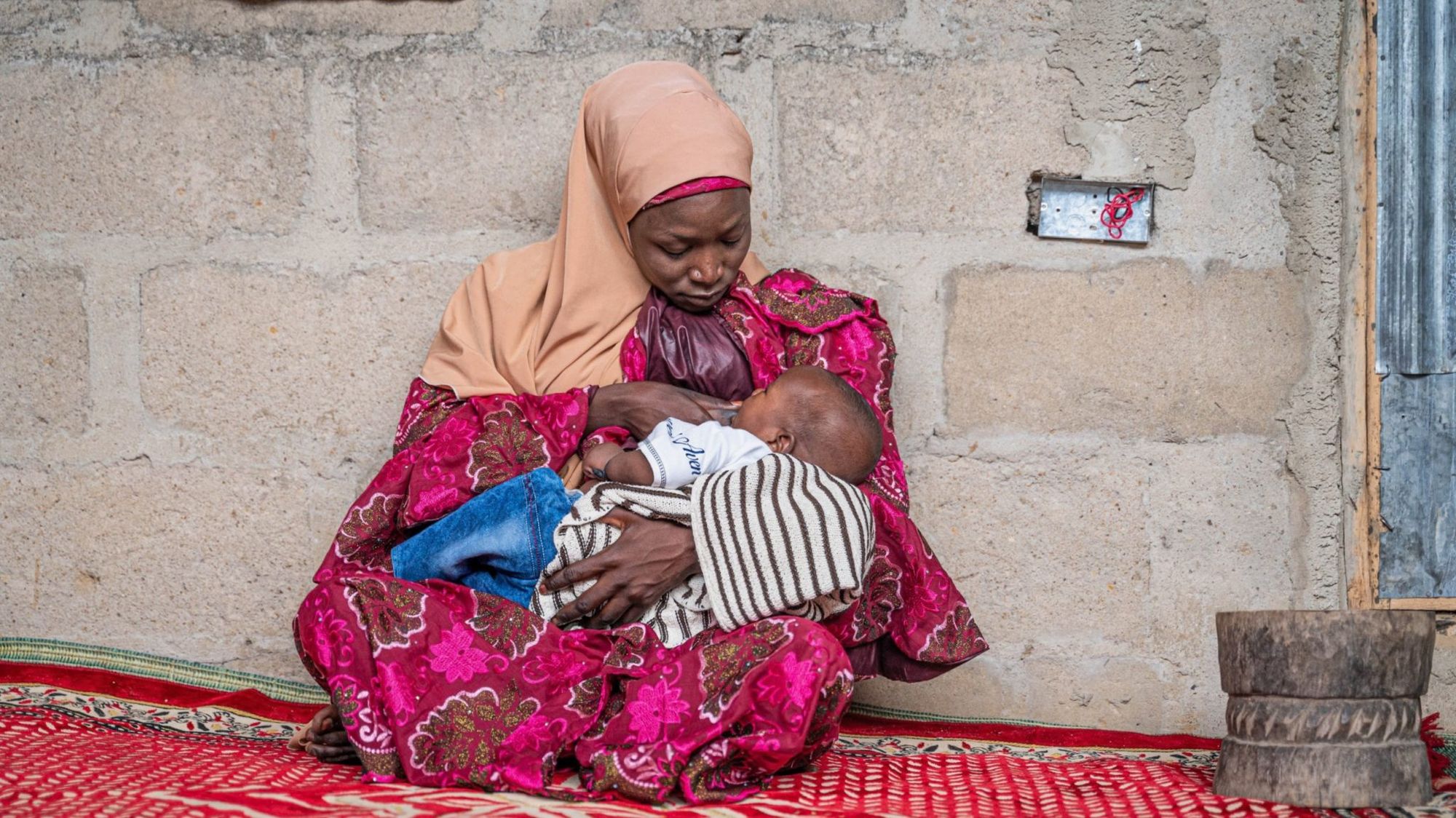
Short reads
ASHA workers in India’s Bihar demand fair pay, pensions
ASHAs are trained female health workers who perform a range of tasks and act as key intermediaries between the village community and the public health system
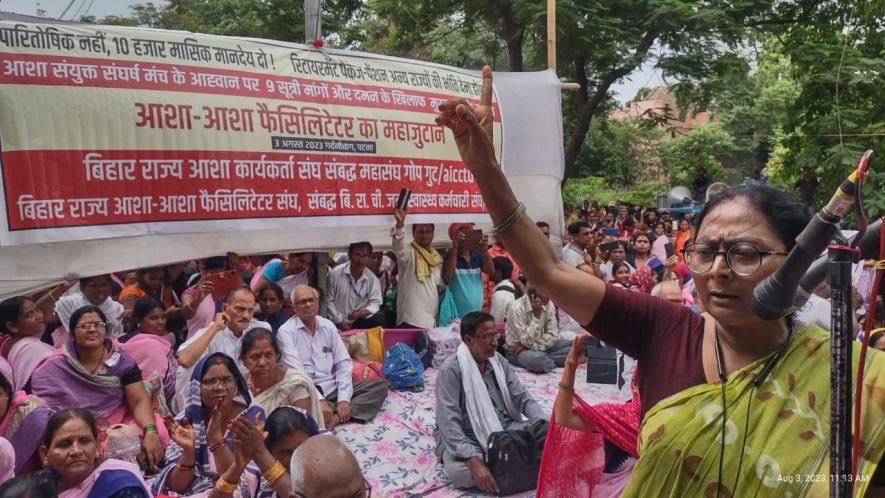
Data speaks
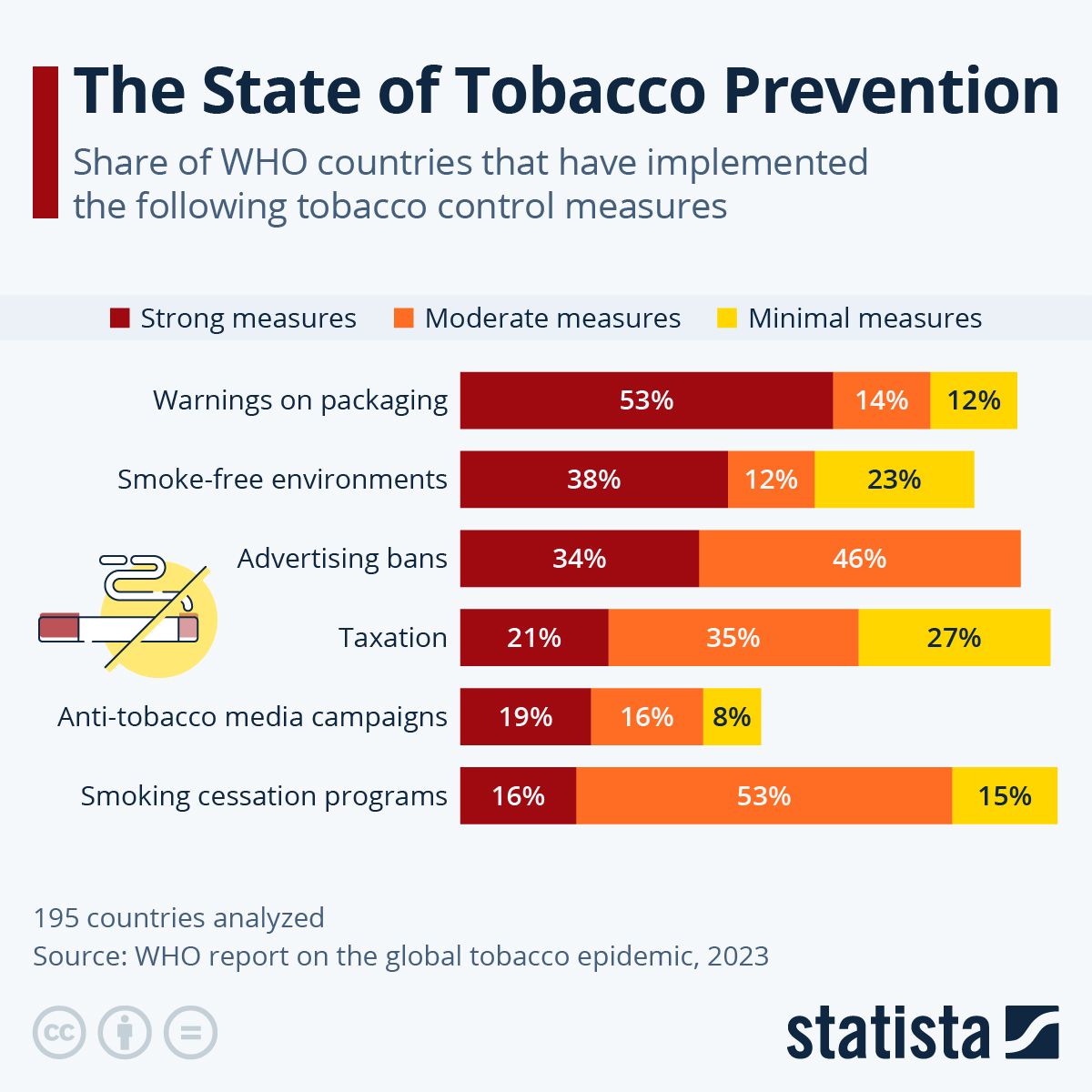
In case you missed it

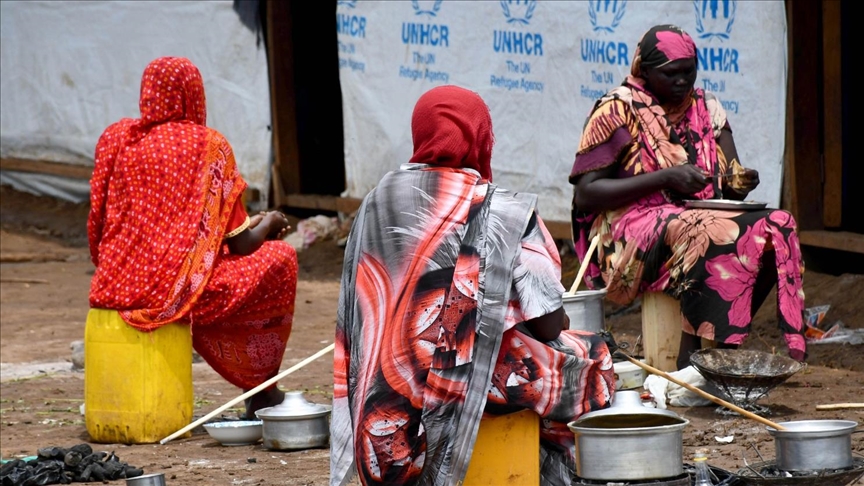
.png)






